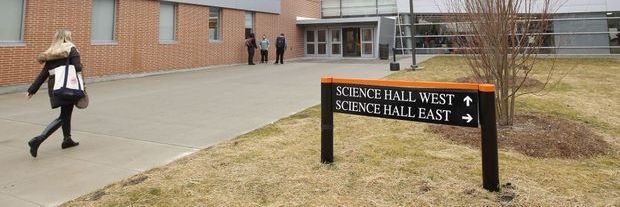How for-profit colleges are allowing Wall Street investors to cash in, at student’s expense.
By Astra Taylor and Hannah Appel
Imagine corporations that intentionally target low-income single mothers as ideal customers. Imagine that these same companies claim to sell tickets to the American dream—gainful employment, the chance for a middle-class life. Imagine that the fine print on these tickets, once purchased, reveals them to be little more than debt contracts, profitable to the corporation’s investors, but disastrous for its customers. And imagine that these corporations receive tens of billions of dollars in taxpayer subsidies to do this dirty work. Now, know that these corporations actually exist and are universities.
Over the last three decades, the price of a year of college has increased by more than 1,200 percent. In the past, American higher education has always been associated with upward mobility, but with student loan debt quadrupling between 2003 and 2013, it’s time to ask whether education alone can really move people up the class ladder. This is a question of obvious relevance for low-income students and students of color.
As Cornell professor Noliwe Rooks and journalist Kai Wright have reported, black college enrollment has increased at nearly twice the rate of white enrollment in recent years, but a disproportionate number of those African-American students end up at for-profit schools. In 2011, two of those institutions, the University of Phoenix (with physical campuses in thirty-nine states and massive online programs) and the online-only Ashford University, produced more black graduates than any other institutes of higher education in the country. Unfortunately, a recent survey by economist Rajeev Darolia shows that for-profit graduates fare little better on the job market than job seekers with high school degrees; their diplomas, that is, are a net loss, offering essentially the same grim job prospects as if they had never gone to college, plus a lifetime debt sentence.
More>>






